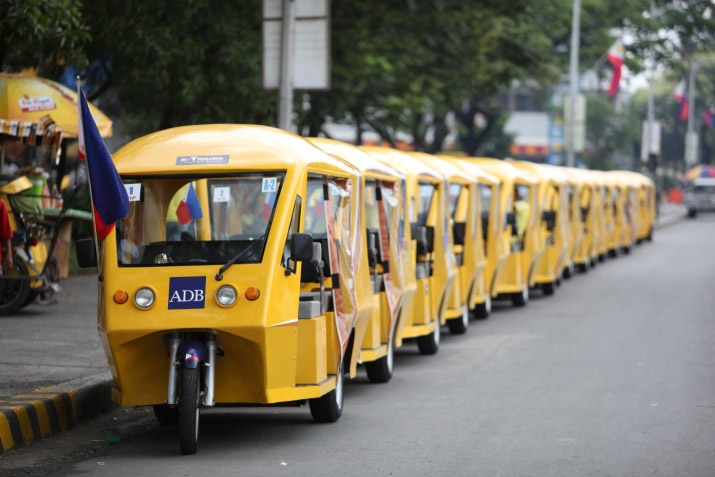DOE defends scaled down e-trike project, proceeds to support EV industry
- June 13, 2017
- 0

The program was originally billed at P21.672 billion that has now scaled down to a P1.73 billion investment, which is accounted as a loan from the Asian Development Bank.
The e-trike’s 3k-unit procurement will be sufficient for demonstration and maintenance of the technology, which has already been contracted during the previous administration.
DOE Assistant Secretary Leonido Pulido III said that the Energy Department would move to showcase the potential use of clean and diversified energy technologies through the E-Trike, considering the many challenges faced during the implementation in PNoy’s presidency.
Pulido said that the program is more than just a tech and environmental investment, stressing that the nascent EV industry is an important socio-economic step for the country that would secure more jobs as well as guarantee sustainable energy consumption in the country.
The E-Trike Project was approved in June 2013 by the National Economic Development Authority (NEDA) and has since recorded investments of over P500 million and fostered 14,840 jobs as of late 2016, reports the Board of Investments and Electric Vehicle Association of the Philippines.
This time, the NEDA-Investment Coordination Committee took note of the revised project implementation, including additional deployment options and arrangements.
Meanwhile, the Electric Vehicle Association of the Philippines commended the Energy Department for its continuous consultation on the growing EV industry.
The DOE also remains committed to its pursuit of long-term energy security strategy through fuel diversification, which covers the introduction of clean and sustainable energy technologies.
“Policies that are stable, transparent and non-discriminating should be put in place to provide an enabling environment for the EV industry development. This includes the establishment of one of its most important infrastructure, public battery charging stations,” DOE Director Patrick Aquino said.